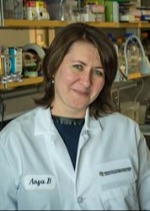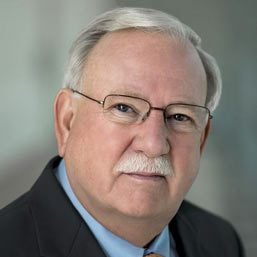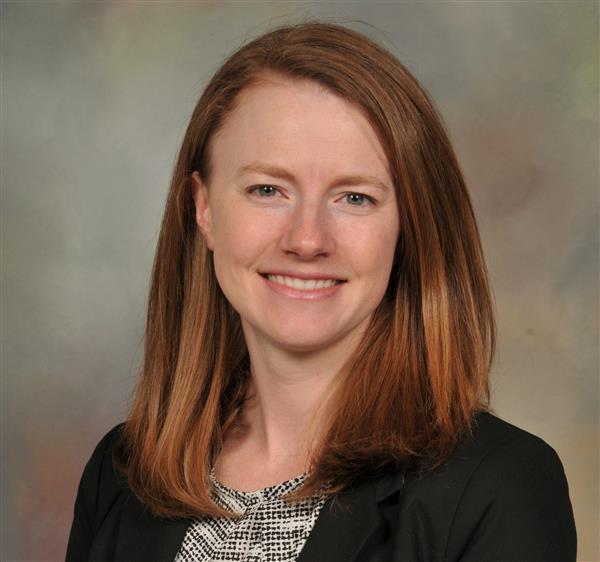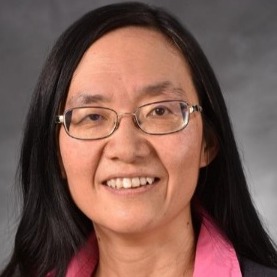Lab Research
Our faculty strive to discover the molecular and cellular basis of diseases affecting the skin. This new knowledge is applied to the prevention, diagnosis, and treatment of these diseases. Research activities include investigating the molecular biology and immunology of the skin, dermato-epidemiology, genetic determinants of skin diseases including skin cancer, and development of gene therapy approaches. Read more about our faculty labs and their latest publications in the categories below.
The scope of skin disease related research at the University of Colorado is embodied in the University of Colorado Anschutz Medical Center Skin Diseases Research Center (UCAMC-SDRC). This NIAMS-funded center focuses on organizing and supporting research to better understand the molecular basis of human autoimmune, inflammatory, developmental, metabolic, and genetic skin diseases. The broad goal of this SDRC is to help member investigators develop models of human skin diseases as research platforms to study molecular mechanisms of disease. This provides us with the opportunity to develop innovative molecular approaches to correct disease processes and explore new treatment approaches.
This center includes a multitude of investigators, many from within the Department of Dermatology along with partnerships from other UCAMC Departments or outside collaborators. The research interests of these investigators are broad: inflammation and immunity; epithelial biology; melanocyte biology; regenerative medicine and stem cell biology; molecular, cellular, and developmental biology; biochemistry; pharmacology; microbiology and virology; genetics and genomics; tissue repair; cutaneous carcinogenesis; and clinical research. This is a rich platform for interdisciplinary discovery in basic and translational research.
This center is built on the strong foundation of three collaborative research teams within the Anschutz Medical Campus, all headed by scientists with an established record of NIAMS-funded research: The Department of Dermatology, the Center for Regenerative Medicine and Stem Cell Biology, and the Human Medical Genetics Program. There are also strong collaborations with other centers on the AMC, especially the NCI-funded University of Colorado Comprehensive Cancer Center.

Director of Research Core

Associate Director of Gates Institute

Director of Clinical Research

Director of Research Mentoring
https://shellmanlab.github.io/
The Gates Institute team is a collaborative group representing a variety of disciplines, dedicated to advancing research in stem cell biology and regenerative medicine to accelerate discoveries from concepts to cures. Dermatology professor Dennis Roop, Ph.D., is the associate director of Gates Institute at the University of Colorado Anschutz Medical Campus. Dermatology faculty members Dr. Anya Bilousova, Dr. Igor Kogut, Dr. Xiying Fan, and Dr. Yiqun Shellman are also Gates Institute Research Members.

On the first Monday night of each month, faculty members Dr. Boyle and Dr. Plost meet at the DAWN Clinic, a free clinic providing services to an underserved and often uninsured population. For many patients, the monthly Dermatology clinic is their sole way to access dermatological care. The DAWN’s Dermatology Clinic director, Assistant Professor Dr. Plost stated that working in a community clinic setting is, “a reminder that being able to diagnose a patient’s skin disease is only a small part of learning how to take care of a patient.”
As a specialty clinic, the space provides a unique learning environment for the two to four residents and three to four medical students that typically make up the volunteer care team. For medical students interested in dermatology, DAWN presents an opportunity for real-world clinical experience and leadership roles within the clinic. Each shift begins at 6 pm with the faculty supervisor leading the clinic meeting of residents, medical students, and care coordinators. After going through the list of six to eight patients for the evening, the residents and medical students see each patient prior to the faculty member joining the visit. “The follow up and coordination is fantastic,” Dr. Boyle explained, with the DAWN Clinic’s care coordinators and interpreters connecting patients to additional resources, social support, and even additional clinics to treat underlying conditions. “When we see a patient, we take into consideration so much more than the patient's diagnosis such as access to transportation, food, housing, medication,” Dr. Plost added. With the DAWN Rheumatology Clinic held on the same evenings, Dermatology has benefited from their insight about navigating various medication programs for patients without insurance.
The most common conditions seen are eczema, psoriasis, and skin cancer, but have also included rare diagnoses such as autoimmune skin diseases like pemphigus, and genetic skin disease. The DAWN Clinic setting is an opportunity for residents and medical students to practice taking the lead in considering a patient’s overall care, beyond any single issue. The array of diagnoses in addition to complex circumstances impacting both health and access to care makes for a rewarding experience for both patients and the care team. “The patients are incredibly appreciative of the care that we provide,” Dr. Plost said.
As the Dermatology faculty look ahead to the future of the DAWN Dermatology Clinic, Dr. Boyle explained, “We are moving toward a model where the medical students play a more active role in obtaining the history and physical, and the dermatology residents are the educators.” The DAWN Dermatology Clinic welcomes interested medical students and residents who would like to work with underserved or marginalized communities.
The DAWN Clinic is located at 12348 E. Montview Blvd, Aurora, CO 80045 and can be reached at 303-800-9677.